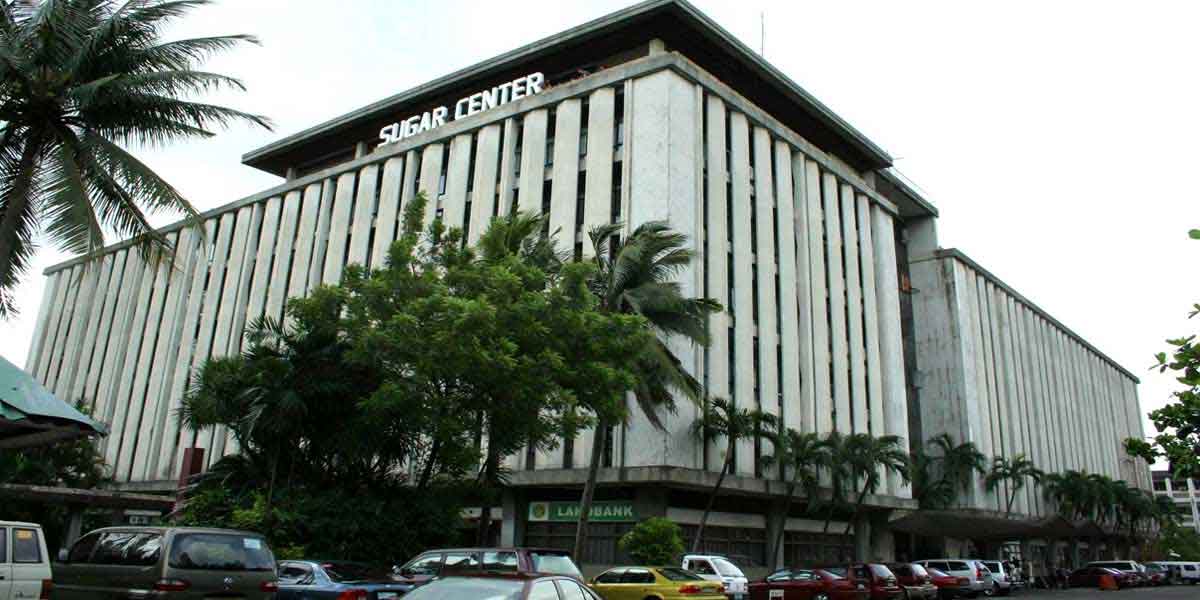By Francis Allan L. Angelo
The Philippine National Economic and Development Authority (NEDA) reaffirmed its commitment to enhancing the labor market by prioritizing policies designed to attract job-creating investments and support the improvement of the labor market.
The pledge follows the release of the February 2024 Labor Force Survey results indicating a decline in unemployment and underemployment rates year on year.
February saw the country’s unemployment rate fall to 3.5 percent, down from 4.8 percent in the previous year, reflecting 679,000 fewer individuals without jobs. The quality of employment has also seen marked improvement, with underemployment dipping to 12.4 percent and an increase in wage employment, middle-skilled positions, and full-time work.
NEDA Secretary Arsenio M. Balisacan expressed the government’s dedication to creating a policy environment conducive to employment growth, especially in promising sectors like renewable energy and critical minerals.
The Inter-Agency Investment Promotion Coordination Committee is also working on a medium to long-term Foreign Investment Promotion and Marketing Plan.
Infrastructure projects, a housing program, and the revitalization of the tourism sector have been identified as key contributors to positive employment outcomes. However, a notable decrease in the labor force participation rate was observed, particularly among young people and women.
Addressing this, Balisacan emphasized the need to support vulnerable groups and improve access to childcare, finance, and entrepreneurship to enhance workforce participation.
The government is also considering revising policies like the Telecommuting Act to better suit the evolving preference for remote work and exploring part-time work frameworks to promote upskilling without leaving the job market.
Further, to develop a more agile and adaptive workforce, the passage of the Apprenticeship Bill, Lifelong Learning Bill, and Enterprise Productivity Act is being advocated.
The recently issued Implementing Rules and Regulations of the Trabaho Para sa Bayan Act pave the way for the TPB plan, set to be the country’s master plan for employment generation and recovery.
In an innovative approach to engage the public in defining “quality jobs,” NEDA has launched an online survey running until April 21, 2024, inviting insights via its social media platforms. This is part of a larger initiative to incorporate public perception into policy development.
The ongoing efforts by NEDA signify a proactive approach to not only recover from past economic challenges but also to pave the way for a future where job security, quality, and inclusivity are at the forefront of the Philippine labor market strategy.



















